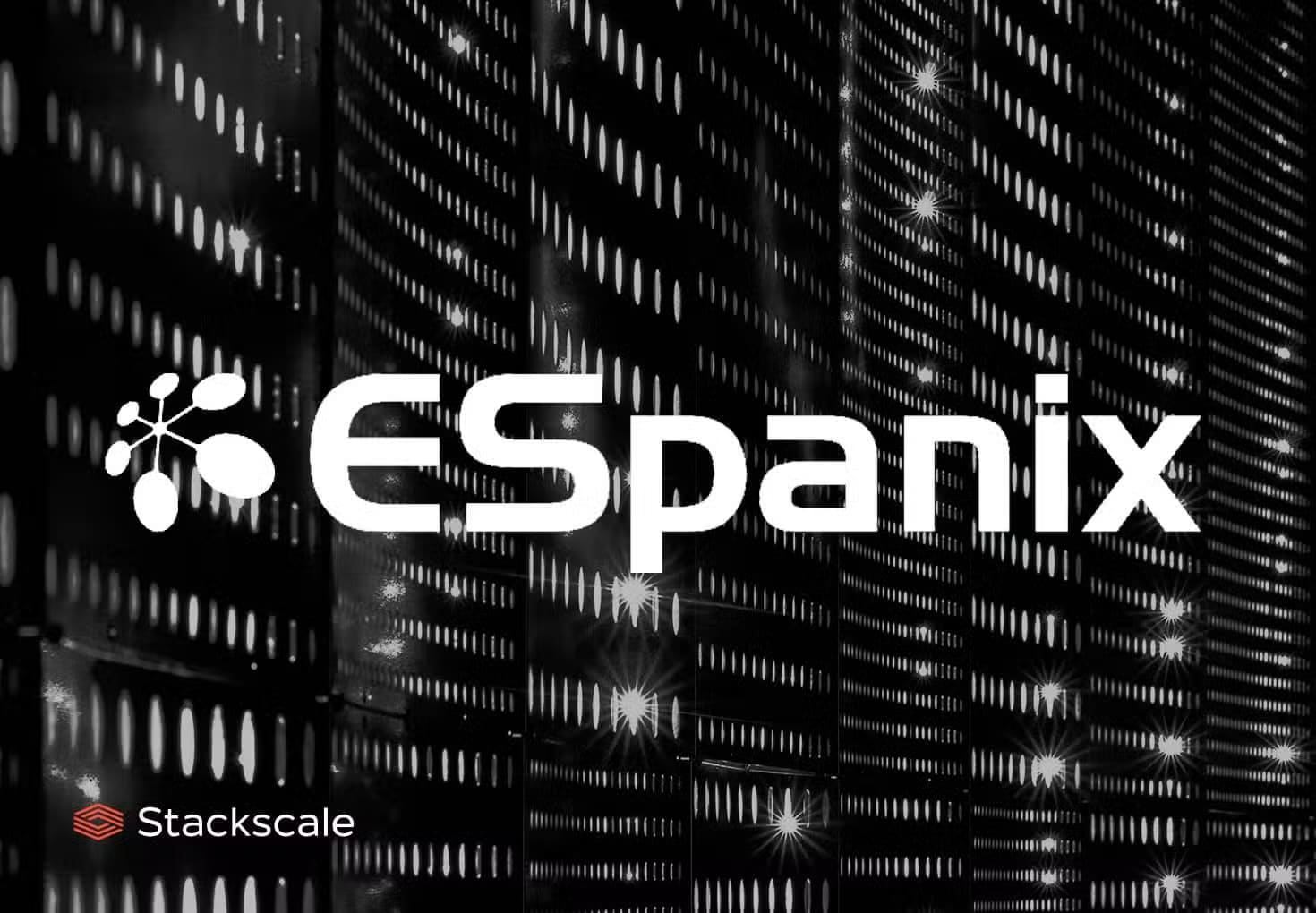The Spanish Neutral Point provided high-speed, low-latency connectivity for IETF’s 123rd meeting, marked by a record-breaking amount of traffic dominated by IPv6.
ESpanix, the leading neutral internet exchange point in Spain, has strengthened its role as a key player in European network infrastructure by sponsoring the 123rd Internet Engineering Task Force (IETF) meeting held in Madrid from July 19 to 25, 2025. During the event, ESpanix offered free high-speed, low-latency connectivity, creating a first-class technical environment for developers, engineers, and experts worldwide.
The technical impact of the event was significant: a total of 1 petabyte of traffic was processed, with over 66% routed through IPv6—a record figure that reflects progress toward a more modern, scalable, and efficient Internet. This milestone was achieved through the implementation of the “IPv6-Mostly” model, based on IETF RFC 6877, which prioritizes the use of the new Internet protocol in collaborative and real-world testing environments.
A key technical event for the future of networking
The IETF is the leading global organization setting Internet standards, responsible for defining protocols that govern everything from email operation to secure network connectivity. Its 123rd meeting brought together hundreds of specialists to discuss new proposals and refine standards such as HTTP/3, QUIC, BGP, and, in this case, the definitive transition to IPv6.
ESpanix not only provided technical support but also demonstrated its responsiveness and commitment to innovation by delivering a robust infrastructure capable of handling massive traffic volumes without interruptions or noticeable latency.
More than sponsorship, a commitment to the community
The neutral point organization expressed pride in actively participating in a globally impactful event. “Providing free connectivity for this kind of gathering is not just a technical gesture but a direct contribution to the development of an open, efficient, and future-ready Internet,” said the ESpanix team in a LinkedIn statement.
The dominance of IPv6 during IETF 123 reflects ongoing technological transition. While deployment of IPv6 remains limited in many countries, the event proved that modern networks can operate efficiently on this new technological foundation, meeting current scalability and security challenges.
Spain as a leader in developing global standards
Madrid being chosen as the venue further reinforces Spain’s position as a strategic hub within the European digital ecosystem. With over 20 years of history, ESpanix, which provides critical infrastructure for both national and international interconnection, consolidates itself as one of the pillars of this transformation.
The traffic generated, the widespread use of IPv6, and the quality of connectivity offered demonstrate the high technical standards of the local ecosystem.
About ESpanix
ESpanix (Spanish Neutral Point Association) is one of the main Internet traffic exchange points in southern Europe. Founded in 1997, its mission is to improve the quality, speed, and efficiency of Internet connectivity in Spain through direct interconnection among operators, content providers, and networks.
via: LinkedIn

